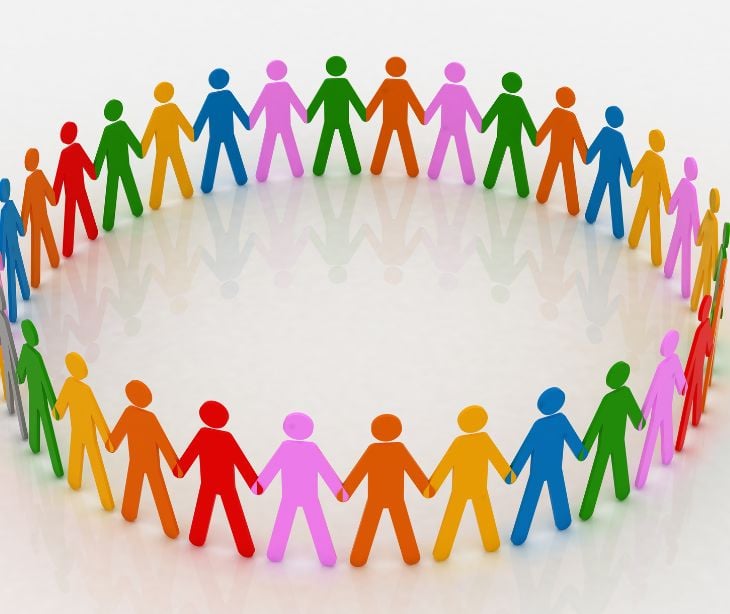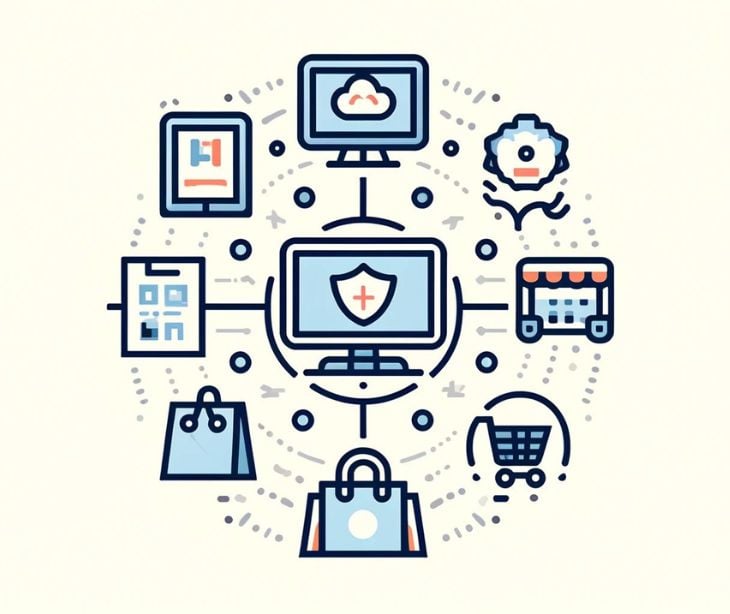
Community health workers (CHWs) are community members who serve as intermediaries between healthcare systems and local residents, addressing health disparities through culturally tailored education, advocacy, and support. HIPAA applies to CHWs when they work for covered entities like community health centers, obligating them to safeguard protected health information (PHI). In such cases, their email communication must be HIPAA compliant, involving encryption, access controls, and secure platforms to safeguard PHI.
The multifaceted role of CHWs
According to the Rural Health Information Hub, CHWs, recognized under various titles like community health advisors and lay health advocates, assume diverse responsibilities beyond traditional healthcare roles. As cultural brokers, they provide interpretation and translation services, ensuring that health information is accessible to all community members. Beyond linguistic support, CHWs act as educators, offering culturally tailored health information that resonates with the community's values and practices. This unique combination of roles positions them as relatable sources of guidance on health behaviors, promoting preventive care and overall well-being.
Impact on community health
CHWs break down barriers and build trust, facilitating increased health awareness and screening by residing within the communities they serve. This proximity and cultural alignment enhance understanding between community members and the healthcare system, resulting in more informed healthcare decisions.
Moreover, CHWs serve as advocates, ensuring that individual and community health needs are addressed. Through their efforts, communication channels between community members and healthcare providers are strengthened, leading to heightened use of healthcare services.
As a result of their importance in improving community health outcomes, in 2022, the HHS announced the availability of $226.5 million in American Rescue Plan funding to launch the Community Health Worker Training Program. The program aimed to increase the number of community health workers who connect people to care, including COVID care; mental health and substance use disorder prevention, treatment and recovery services; chronic disease care; and other health services.
CHWs and promoting heart health
Supported by initiatives, CHWs undertake various responsibilities:
- Risk assessment and screening: CHWs help families comprehend their risk for heart disease, conducting risk assessments and facilitating screenings. This proactive approach allows for early identification of potential health concerns, paving the way for timely interventions.
- Referrals and social services: Beyond assessments, CHWs assist community members in obtaining appropriate screenings and referrals for health and social services. This comprehensive support ensures that individuals receive the necessary care, addressing both medical and social determinants of health.
- Progress tracking: CHWs track an individual's progress toward meeting health goals. This personalized approach allows for tailored interventions, encouraging a sense of accountability and motivation within the community.
- Educational workshops and group discussions: CHWs engage communities in learning about ways to promote heart health through educational workshops and group discussions. These interactive sessions create a collective understanding of the importance of preventive measures and healthy lifestyle choices.
- Skill development: CHWs actively contribute to skill development within communities, teaching residents how to prepare heart-healthy meals, incorporate physical activity into their routines, and address tobacco cessation.
Safeguarding health information for HIPAA compliance
CHWs associated with covered entities such as community health centers must adhere to HIPAA regulations. This includes secure handling of PHI and using HIPAA compliant emails when communicating sensitive health information. Even for CHWs not directly employed by covered entities but considered business associates, compliance with HIPAA regulations remains a requirement. Ensuring HIPAA compliance involves:
- Training and awareness: CHWs receive training on the HIPAA Privacy Rule, ensuring they handle PHI appropriately and access it on a "need-to-know" basis for their job duties.
- Secure email platforms: Organizations should provide CHWs with HIPAA compliant email services that encrypt messages and attachments, ensuring secure communication.
- Adhering to the minimum necessary rule for emails: CHWs are encouraged to avoid including PHI in emails whenever possible, protecting patient information from unauthorized access.
FAQs
Can community health workers access electronic health records (EHRs) under HIPAA?
The ability of community health workers to access EHRs depends on their specific roles and responsibilities. If their duties involve accessing and using EHRs to support patient care, they must do so in compliance with HIPAA regulations.
Do community health workers need to sign business associate agreements (BAAs) under HIPAA?
If community health workers act as business associates, providing services that involve access to PHI, they may need to sign business associate agreements (BAAs) with covered entities. This agreement outlines the responsibilities and safeguards related to the handling of PHI, ensuring compliance with HIPAA regulations.
Subscribe to Paubox Weekly
Every Friday we bring you the most important news from Paubox. Our aim is to make you smarter, faster.




